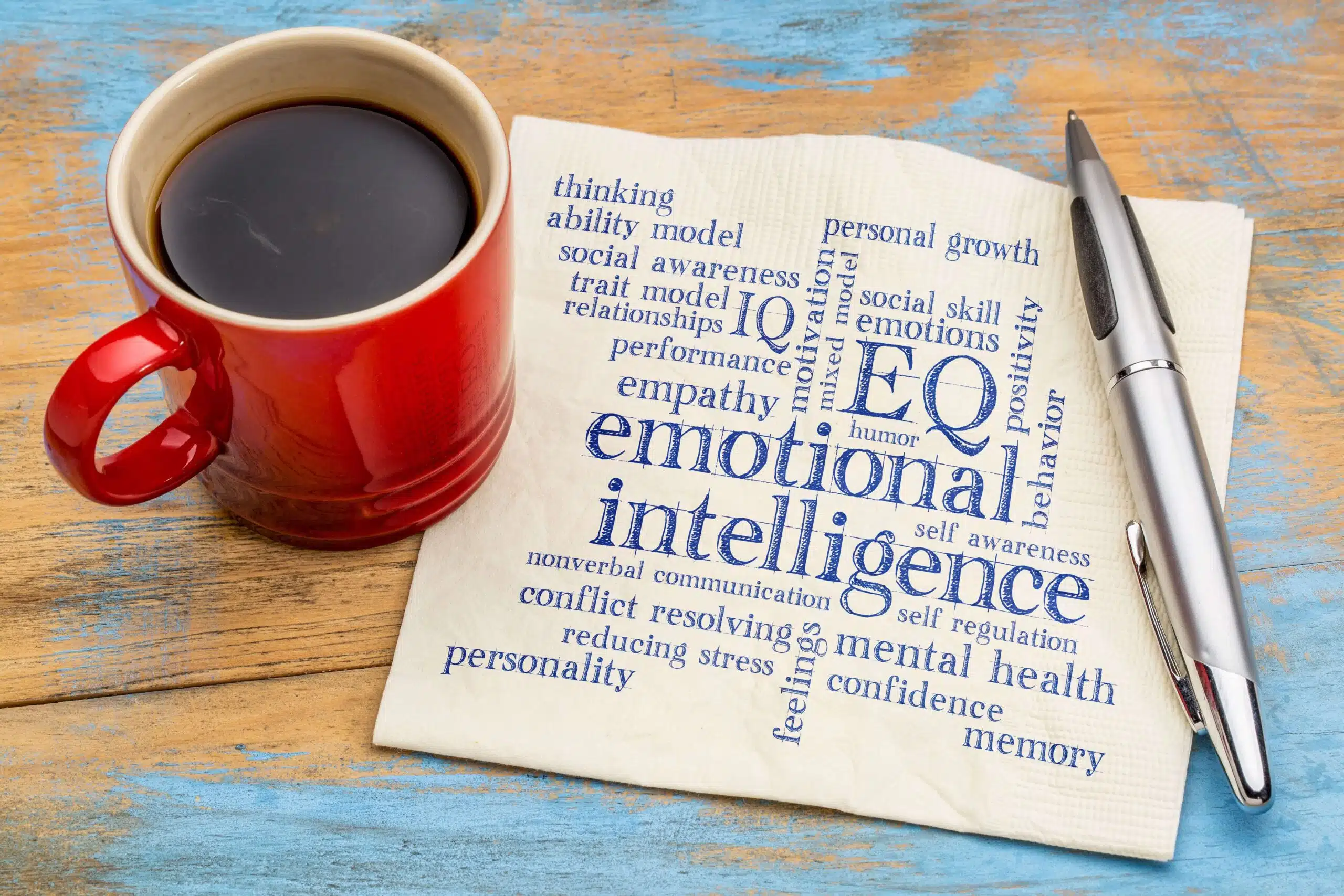Unveiling Emotional Intelligence: A Journey to Personal Growth and Flourishing Relationships
Emotional intelligence (EI) is a cornerstone of self-awareness and interpersonal effectiveness, often overshadowed by traditional intelligence metrics. In this blog, we’ll delve into the essence of emotional intelligence, exploring its components and the possibility of enhancing this invaluable skill set. Moreover, we’ll uncover how raising your emotional intelligence benefits individuals and enhances the quality of their relationships.
Understanding Emotional Intelligence:
Defining Emotional Intelligence: At its core, emotional intelligence is the ability to recognize, understand, manage, and navigate one’s own emotions while also empathizing with the emotions of others.
Components of Emotional Intelligence:
Self-Awareness: Recognizing and understanding one’s own emotions.
Self-Regulation: Managing and controlling emotional responses.
Motivation: Harnessing emotions to achieve personal and professional goals.
Empathy: Understanding and sharing the feelings of others.
Social Skills: Navigating social situations with finesse and effective communication.
Can Emotional Intelligence Be Enhanced?
The Growth Mindset: Adopting a growth mindset is fundamental to developing emotional intelligence. Understand that these skills can be cultivated and refined over time through intentional efforts.
Self-Reflection and Mindfulness: Regular self-reflection and mindfulness practices enhance self-awareness, a cornerstone of emotional intelligence. Techniques like meditation contribute to a deeper understanding of your emotional landscape.
Active Listening: Improving empathetic skills involves active listening. Paying attention to verbal and non-verbal cues enables a better grasp of others’ emotions, fostering empathetic responses.
Emotional Regulation Techniques: Learn and practice techniques for managing and regulating your emotions. This may include deep breathing exercises, mindfulness meditation, or seeking professional guidance.
Continuous Learning: Stay open to learning about emotions and human behavior. Read literature, attend workshops, or engage in courses that focus on emotional intelligence, providing valuable insights and tools for growth.
Benefits of Enhancing Emotional Intelligence:
Improved Relationships: Elevated emotional intelligence fosters stronger connections and healthier relationships by enhancing communication and understanding.
Effective Leadership: Leaders with high emotional intelligence inspire and motivate others, creating a positive and collaborative work environment.
Personal Well-Being: Enhanced emotional intelligence contributes to better stress management, resilience, and overall well-being.
Conflict Resolution: Individuals with developed emotional intelligence navigate conflicts with finesse, seeking resolutions that consider the emotions of all parties involved.
Raising Emotional Intelligence for Healthy Relationships:
Enhanced Communication: Individuals with heightened emotional intelligence communicate more effectively, fostering understanding and connection in relationships.
Empathy and Compassion: Elevated empathy allows for a deeper understanding of others’ perspectives, cultivating compassion and strengthening the emotional bond.
Conflict Resolution: In relationships, emotional intelligence plays a pivotal role in resolving conflicts peacefully, considering emotions and finding solutions that benefit both parties.
Building Trust: Trust is a fundamental aspect of any relationship. Raising emotional intelligence builds trust by fostering openness, transparency, and emotional responsiveness.
Emotional intelligence is not a fixed trait; it’s a dynamic skill set that can be nurtured and expanded. Through intentional efforts, self-reflection, and continuous learning, individuals can embark on a journey to elevate their emotional intelligence, paving the way for personal growth and flourishing relationships.

